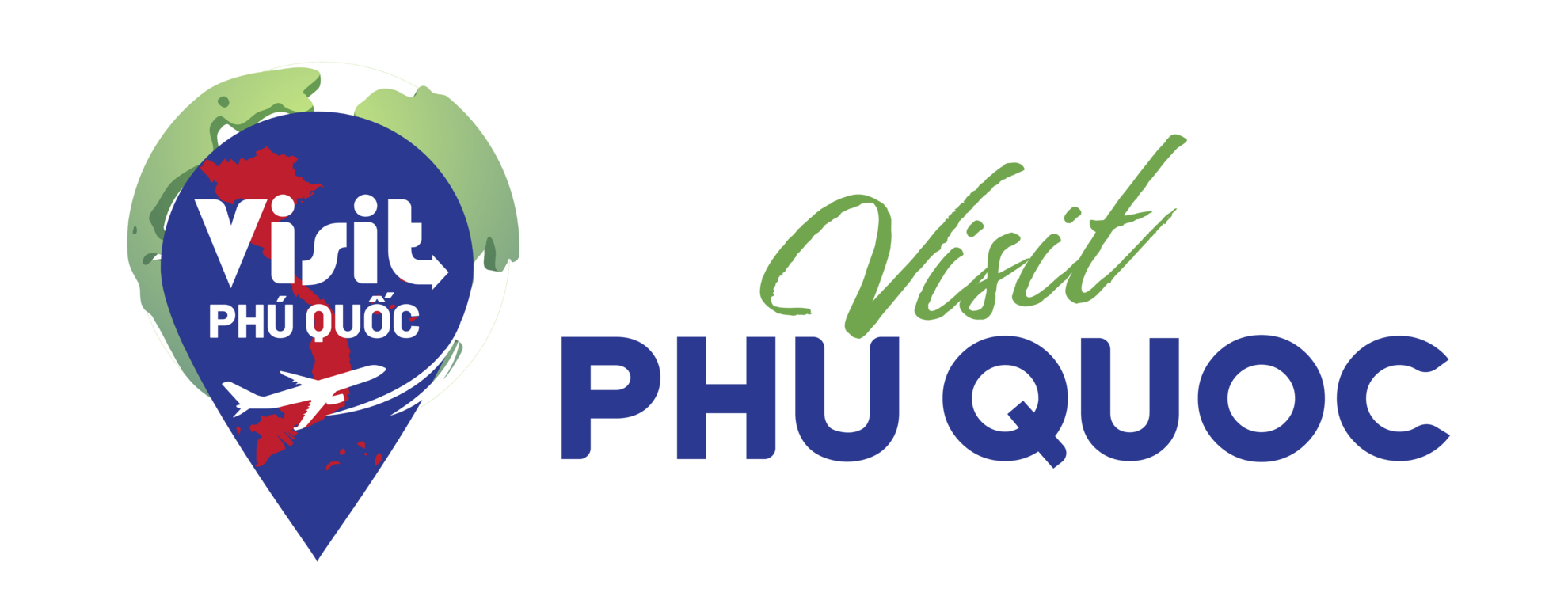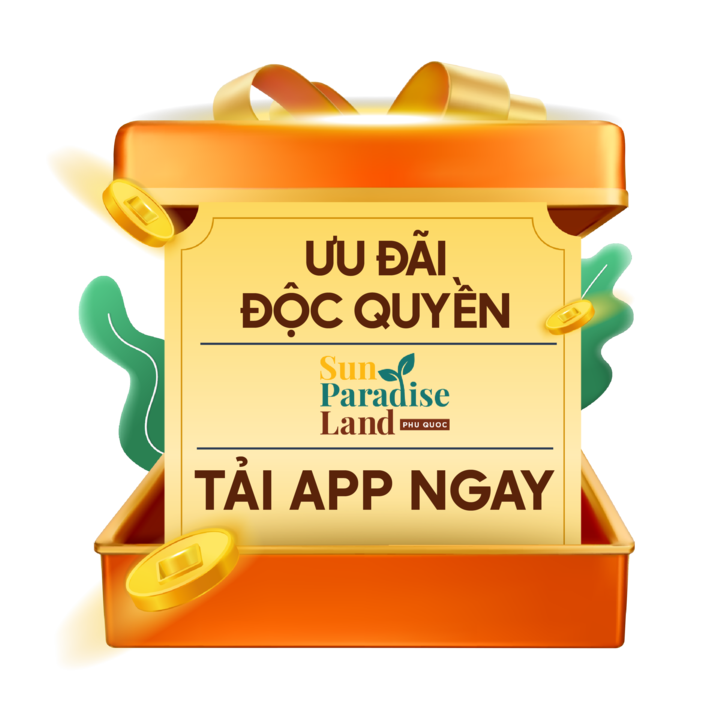Duong Dong Market: This is one of the most popular shopping spots in Phu Quoc, favored by both locals and tourists. Duong Dong Market offers the widest variety of products on the island, making it a bustling hub of trade. Inside the market, you’ll find daily essentials, souvenirs, and especially dried seafood. Outside, vendors sell fresh seafood like shrimp, crabs, fish, squid, snails, and local specialties such as Phu Quoc fish sauce, pepper, and sim wine. Located in central Duong Dong, the market is open from early morning until late afternoon.
Ham Ninh Market: Located near Ham Ninh Fishing Village, this market mainly serves the local community with fresh seafood, Phu Quoc specialties, and essential goods. It’s especially well-known for its fresh and dried flower crabs at very reasonable prices. If you're looking to buy crabs as a gift, this is the place to go.
Phu Quoc Night Market: Also known as Bach Dang Night Market, this is one of the island’s most famous markets. Located on Bach Dang Street in Duong Dong's Quarter 1, the market is famous for its lively atmosphere, unique cultural vibe, and a wide variety of delicious and affordable seafood dishes.
Ganh Dau Market: A lesser-known gem, Ganh Dau Market is located in Suoi Cai Hamlet, Ganh Dau Commune. It’s known for its relaxed, friendly atmosphere and high-quality fresh seafood. It’s a great spot to explore local life and pick up some of the island’s freshest catch.


